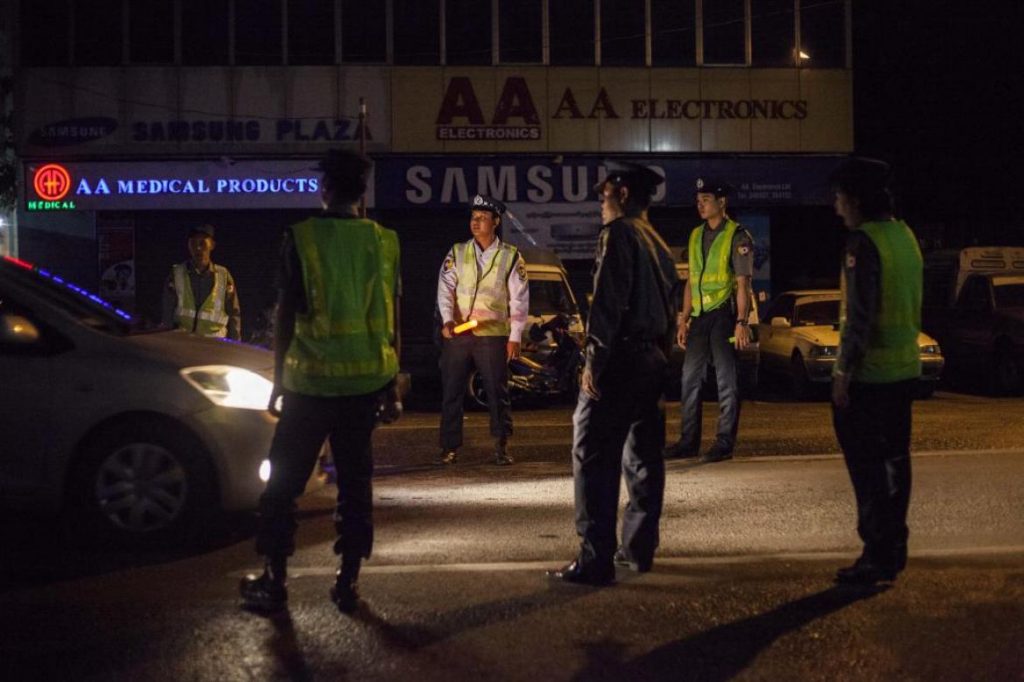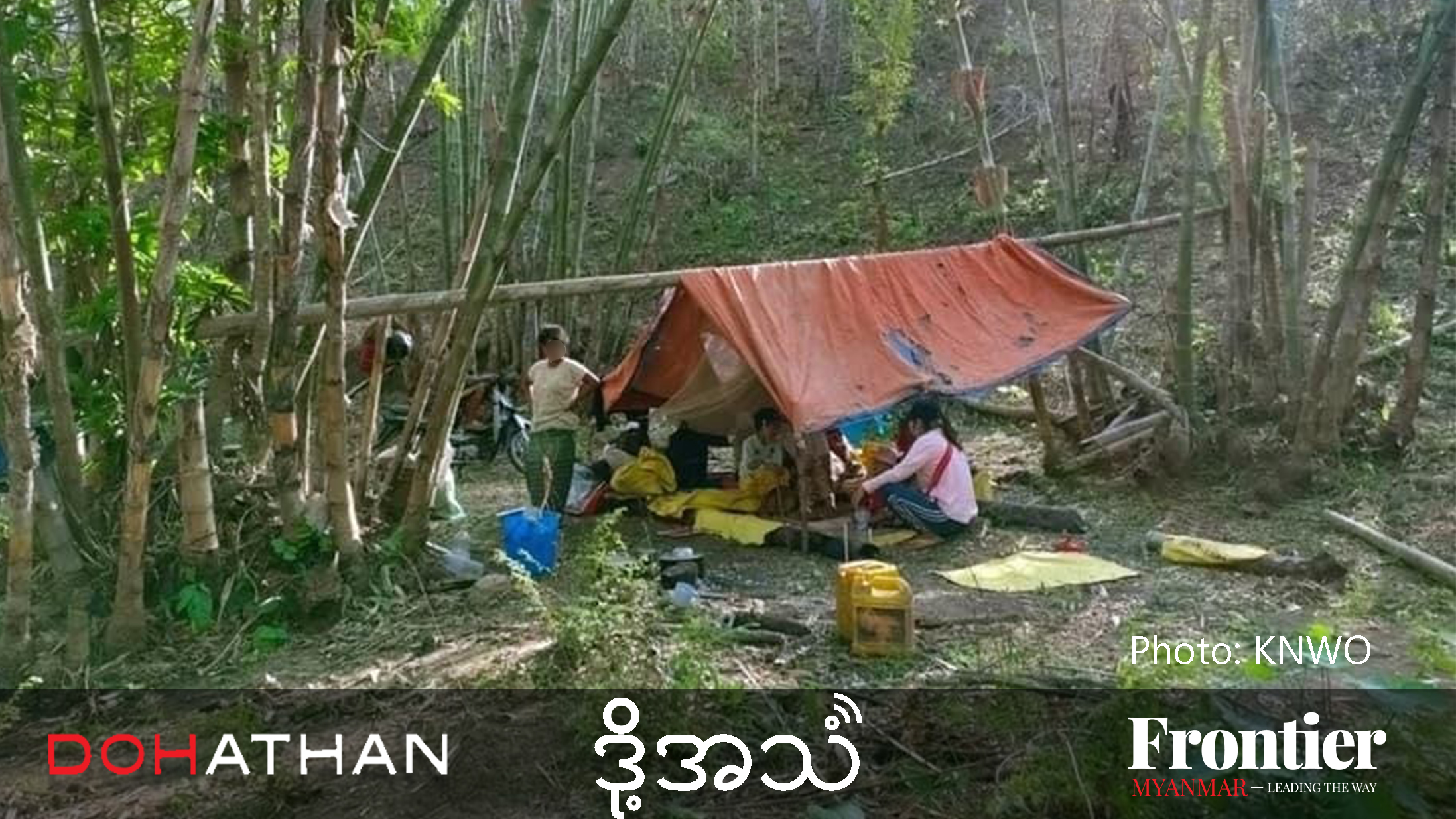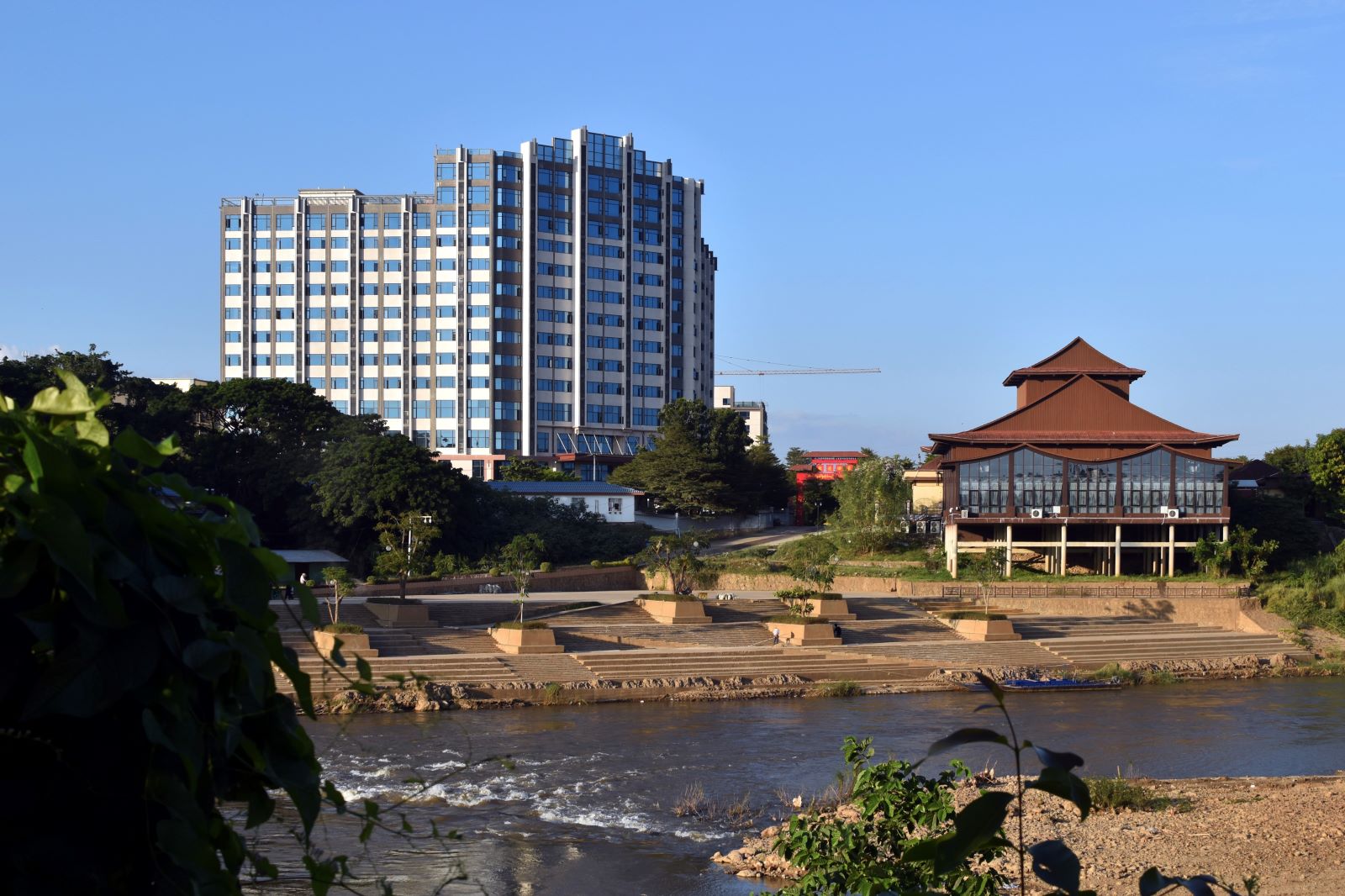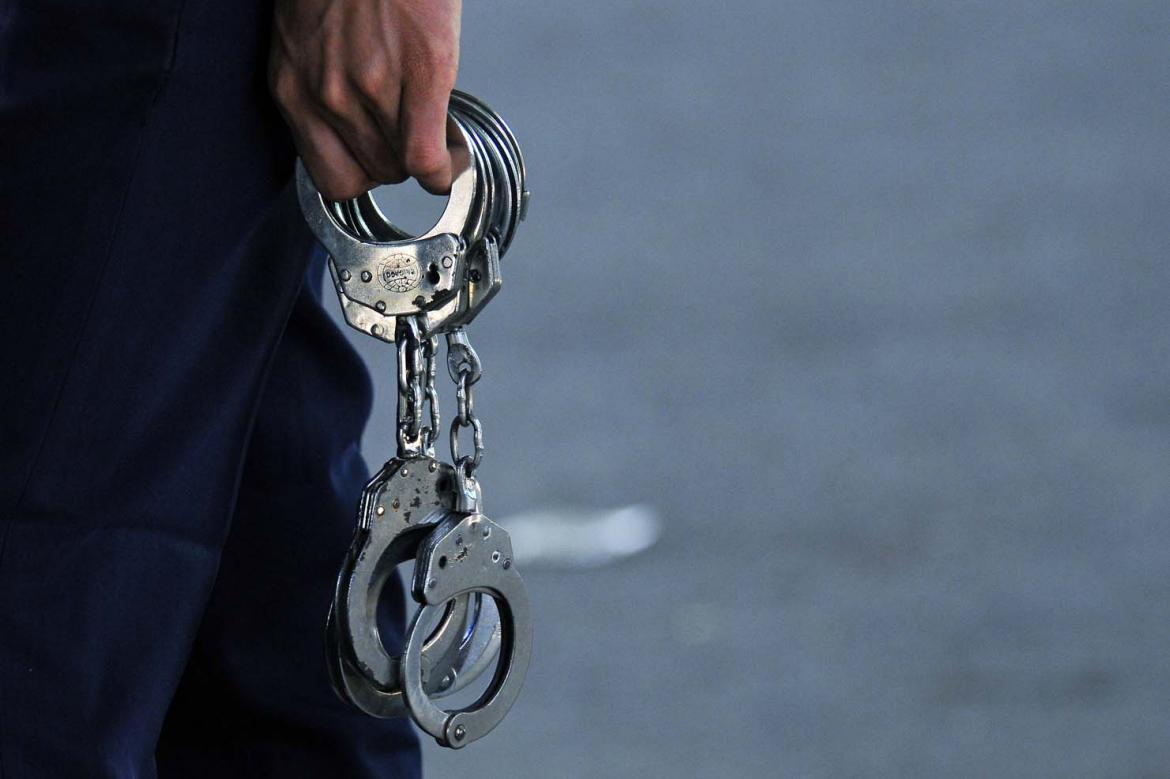The Myanmar Police Force seems to have been devoting more time and effort to hunting down journalists than suppressing crime and maintaining law and order.
By SITHU AUNG MYINT | FRONTIER
ON JULY 31, Ko Swe Win, the chief editor of Myanmar Now news agency, was arrested after arriving at Yangon International Airport to catch a flight to Bangkok. He was detained by Mingaladon Township police, who were acting on a request from Maha Aung Myay Township police station in Mandalay. Swe Win was held overnight at Mingaladon police station and transferred to Mandalay the next day to appear in court.
Swe Win was wanted in Mandalay under a section 66(d) defamation complaint filed there earlier this year by a supporter of the Buddhist nationalist Association for the Protection of Race and Religion, known by its Myanmar acronym as Ma Ba Tha.
I do not intend to focus on Swe Win’s case, but I do want to draw attention to the concerted effort and diligence of the Myanmar Police Force to arrest him. Should they have exerted so much time and resources to make the arrest, when their overriding responsibility is maintaining law and order and suppressing crime? It is one of the questions arising from the case that I would like to address this week.
On May 2, the occupants of a car were robbed on Pyay Road in Yangon’s Mingaladon Township. This brazen incident occurred at a time when the number of serious crimes in Yangon appears to be on the rise. The robbery occurred after a woman from Bago had driven her son to Yangon International Airport to catch a flight to South Korea. On the return journey a child in the car wanted to urinate and the lady pulled over near a bus stop on busy Pyay Road.
Support more independent journalism like this. Sign up to be a Frontier member.
Suddenly, a Toyota Caldina taxi stopped in front of the car. Four men alighted from it, threatened the women with a knife and stole her purse, necklace, ring and mobile phone, before making a getaway. The total value of the stolen property was more than K4 million. The robbery occurred at about 9pm. Passing traffic did not stop to help. Eventually, the woman was able to file a case at Mingaladon’s Myoma police station before she returned to Bago.
A stroke of luck more than a month later led to the arrest of the four suspects. In early June, a man was arrested in the Hlawga area of Yangon’s Shwepyithar Township on charges of robbery and inflicting severe pain. While under questioning at Hlawga police station, he admitted to being involved in the May 2 robbery on Pyay Road. His unprompted admission led to the arrest of another seven men who were alleged to have committed a series of robberies in a Toyota Caldina taxi.
According to a police account of their confessions, the eight suspects had been using the taxi to commit robberies since late 2016. Between then and the time of their arrest in mid-June, they are alleged to have committed 28 robberies in Shwepyithar, Hlaing Tharyar, Dagon Myothit, Dagon Seikkan and Mingaladon townships.
The haul of their robbery spree included cash, jewellery, mobile phones and motorbikes. The crimes alleged to have been committed by the eight men involved many victims, from whom a large amount of property was stolen. It is reasonable to assume that the stolen property was resold to many buyers, at many different addresses. It is not possible to commit 28 robberies in a little over six months without leaving many clues and a large amount of evidence.
However, it was not the diligence of the police that brought the robbery spree to an end. It was because of an unprompted admission by the man arrested at Hlawga. Had he not been caught and revealed his role with the gang, leading to another seven arrests, it would have continued its robbery spree. Between the May 2 incident and the early June arrest, the gang committed another eight robberies in Shwepyithar, including the Hlawga area.
Compare the effort and energy devoted by the MPF to arrest a single journalist with the effort to track down an eight-member gang that committed a string of robberies.
Another issue that focuses attention on the competence of the police is the drug trade. Drug seizures are common in northern Rakhine State, close to the border with Bangladesh, and they often involve millions of amphetamine pills. Drug seizures have also become more common in the state capital, Sittwe. These drugs are produced along the border with China and are transported to Rakhine through Shan State and Mandalay Region, and sometimes, Yangon Region. Why are not more drugs seized by the police on the journey across the country to Rakhine?
Weapons for the Arakan Army have also been transported from border areas through Yangon to Rakhine. The AA admitted its role in one smuggling incident, that included the seizure of rocket-propelled grenade launchers, but how many other shipments were neither detected nor intercepted?
Frankly speaking, the MPF has not been putting as much effort into fighting crime as it has in arresting members of the news media.
It is only fair to acknowledge that the competence of the MPF is affected by a shortage of staff. However, if the MPF would rather focus on arresting members of the news media than on suppressing crime, we should be gravely concerned about the administration of the rule of law in Myanmar.







